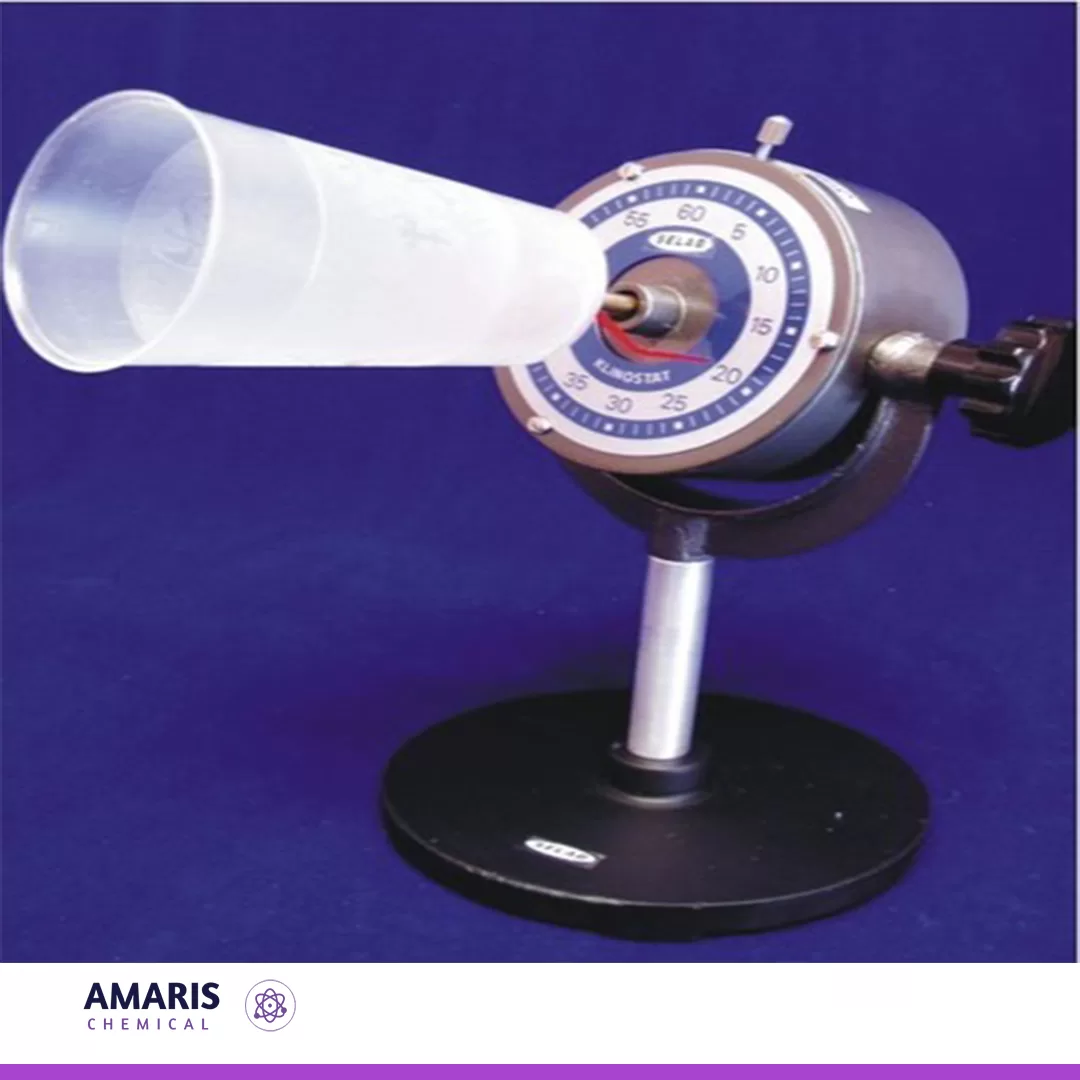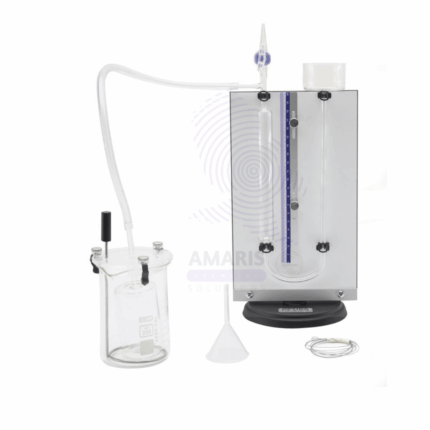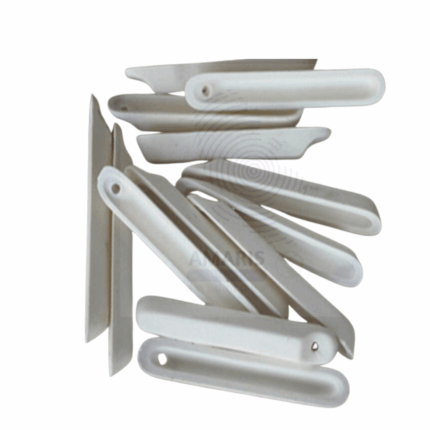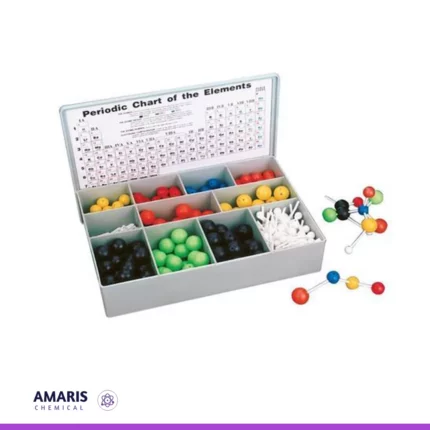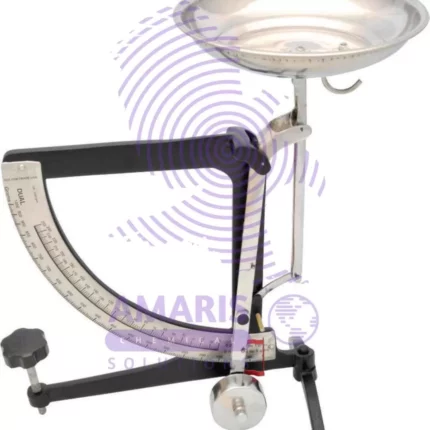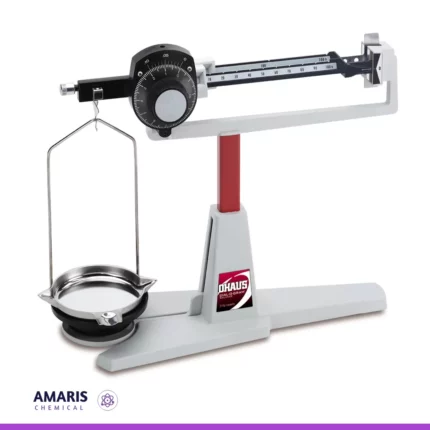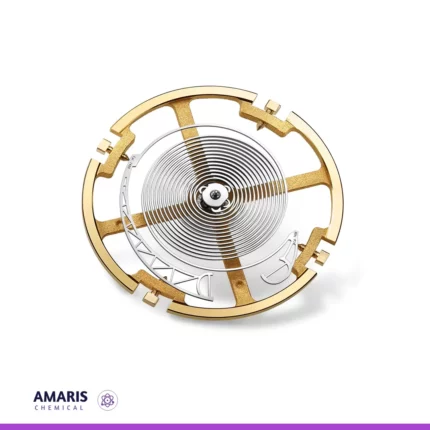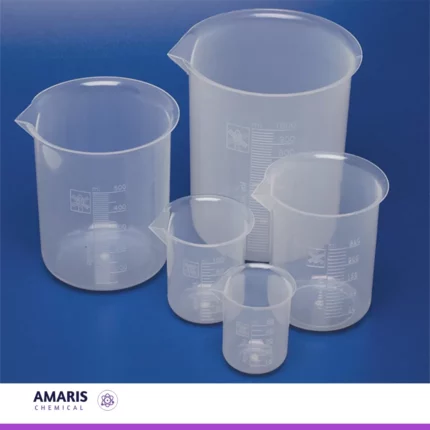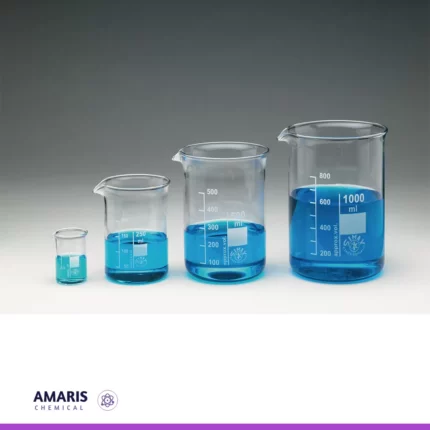Shipping & Delivery
Related products
Atomic Model Set
$0.01
A lab atomic model set is a collection of physical models and materials designed to represent the structure of atoms and molecules. It is commonly used in educational and scientific laboratory settings to visually demonstrate the arrangement of protons, neutrons, and electrons within an atom, as well as the bonding patterns between atoms in molecules. These sets typically include colored balls of various sizes representing different types of atoms, as well as connectors or magnets to simulate chemical bonds between them. The purpose of these sets is to help students and researchers better understand the principles of atomic and molecular structure in a tangible and interactive way.
Balance lever
$0.01
The best definition of a balance lever is a simple machine that consists of a rigid bar or beam that pivots around a fixed point called the fulcrum. It is used to compare the weights or forces of two objects and determine if they are in equilibrium (balanced) or if one side is heavier than the other (unbalanced).
The balance lever operates on the principle of torque, where the torque (rotational force) exerted on one side of the fulcrum is equal to the torque on the other side when the system is in equilibrium. This principle is expressed by the formula: Torque = Force × Distance from fulcrum.
By placing known masses or weights on one side of the lever and an unknown weight on the other side, the balance lever can be used as a weighing scale. When the lever is in balance, the two sides are equal in weight or force. This concept has been widely used in various applications, from traditional weighing scales to more complex systems like seesaws or construction equipment.
balance spring
$0.01
Beaker Plastic
$0.01
A plastic beaker is a laboratory container made from plastic material, typically featuring a cylindrical shape with a flat bottom and a spout or pouring lip. It is used for holding, measuring, and mixing liquids or substances during various scientific experiments, research, or educational activities. Plastic beakers come in a range of sizes and are designed to withstand various chemicals and temperatures, making them versatile tools in laboratory settings.
Beaker Simax
$0.01
A glass beaker is a cylindrical, open-top container made of glass, typically with graduated volume markings on its side. It is commonly used in laboratories for holding, mixing, and heating liquids, as well as for performing various experiments and chemical reactions. Glass beakers come in various sizes and are designed to provide easy observation of the contents and to withstand temperature changes without significant deformation or chemical interaction with the substances being used.

